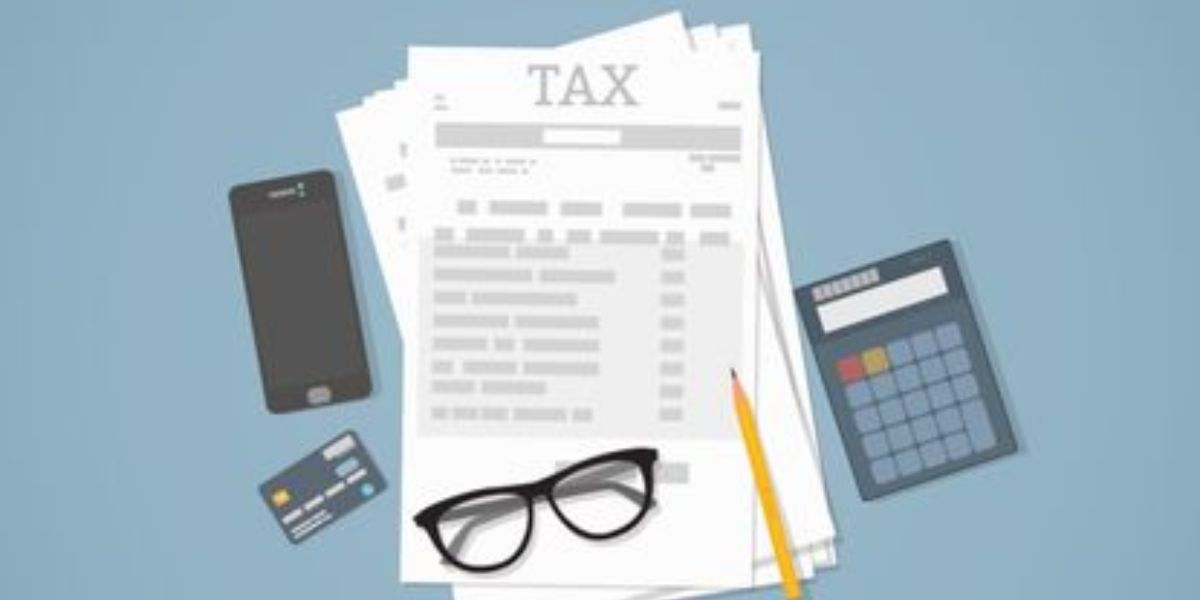Vice President Kamala Harris is pushing back on former President Donald Trump’s proposal for a 10%-20% tariff on imported goods. At the Democratic National Convention, Harris said his policy would cost U.S. consumers a hefty price tag.
“He intends to enact what in effect is a national sales tax — call it a Trump tax — that would raise prices on middle-class families by almost $4,000 a year,” the Vice President stated.
Trump has been forthcoming about increasing tariffs, which he has said will help save American jobs and factories. However, it could backfire for consumers.
The Center for American Progress released a report stating a 20% tariff on imports could boost Americans’ costs by $3,900 per year, while the National Taxpayers Union concluded Trump’s original suggestion of a 10 percent tariff might cost households $3,942 per year.
Meanwhile, other organizations calculate the cost lower. The Peterson Institute for International Economics stated the average American household could pay over $2,600, and the Urban-Brookings Tax Policy Center estimated middle-income households would potentially pay about $1,800 more.
To better understand the Trump tax, GOBankingRates spoke with tax experts who explained Trump’s proposal and its implications for American’s wallets.
The Trump Tax Is Not a National Sales Tax
Harris referred to Trump’s tariff policy as a national sales tax; however, Nick Juhle, chief investment officer at Greenleaf Trust, explained it’s not a tax.
“It is important for readers to understand that the ‘Trump sales tax’ referenced by Kamala Harris is not technically a tax,” Juhle stated. “Harris used the term ‘sales tax’ so that voters understand the likely financial impact of tariffs proposed by the Trump campaign on American consumers.”

At the recent presidential debate, Trump noted he’s not calling for a sales tax, but tariffs. “Other countries are going to finally, after 75 years, pay us back for all that we’ve done for the world,” he claimed.
“While the Trump campaign is not proposing an explicit federal sales tax on goods purchased by American consumers, it is proposing increased tariffs on imported goods, which Harris suggests will have a similar effect of raising costs for American families,” Juhle noted.
A Tariff Is a Tax on Imported Goods
Countries impose tariffs, which are taxes, on imported goods upon crossing the border to generate revenue and protect domestic industries.
3 Tax-Free Cities in Michigan: How Living Here Saves You Money
“When the U.S. imposes a tariff on imports, it makes those products more expensive,” Faris Khatib, tax resolution and financial strategy expert, CEO of Ideal Tax, told GOBankingRates.
“Companies that import these goods typically pass the extra costs to customers by increasing prices, which means you pay more for those goods.”
How Tariffs Affect Consumers
If Trump is reelected and enacts his tariffs proposal, consumers could see a price increase on imported products, affecting everything from food to household items and cars.
“If a 10% or 20% tariff is imposed, the cost of these items will simply increase,” Khatib said. “For instance, if you purchase a $1,000 laptop, a 10% tariff can add $100 to its price,” adding, “With prices increasing on many goods, your money will not stretch as far.”
How Tariffs Affect the Economy
With Americans paying more for imported goods, there will be less money to spend elsewhere, and people could face financial hardships.
“A tariff-induced price hike on necessary items means you will have less disposable income to spend on other things — such as saving for a vacation, investing or just making ends meet,” Khatib said.
If Americans tighten their budgets because they have less to spend due to increased imported goods prices, it could slow the economy down.
“Amid higher prices, reduced demand for foreign goods has a secondary effect of slowing economic growth abroad, which can cause a decline in demand for goods exported from the U.S.,” Juhle noted. “U.S. exports may also suffer if foreign countries retaliate by imposing their tariffs.”
A tariff increase can also impact jobs. According to Khatib, higher import costs can lead to cut-cutting in other areas for businesses, which he surmised could impact wages or even result in job cuts for some import-dependent industries. “On the flip side,” he added,” some industries may benefit (such as those that manufacture competing US-made goods), but the overall effect usually results in higher customer prices.”




